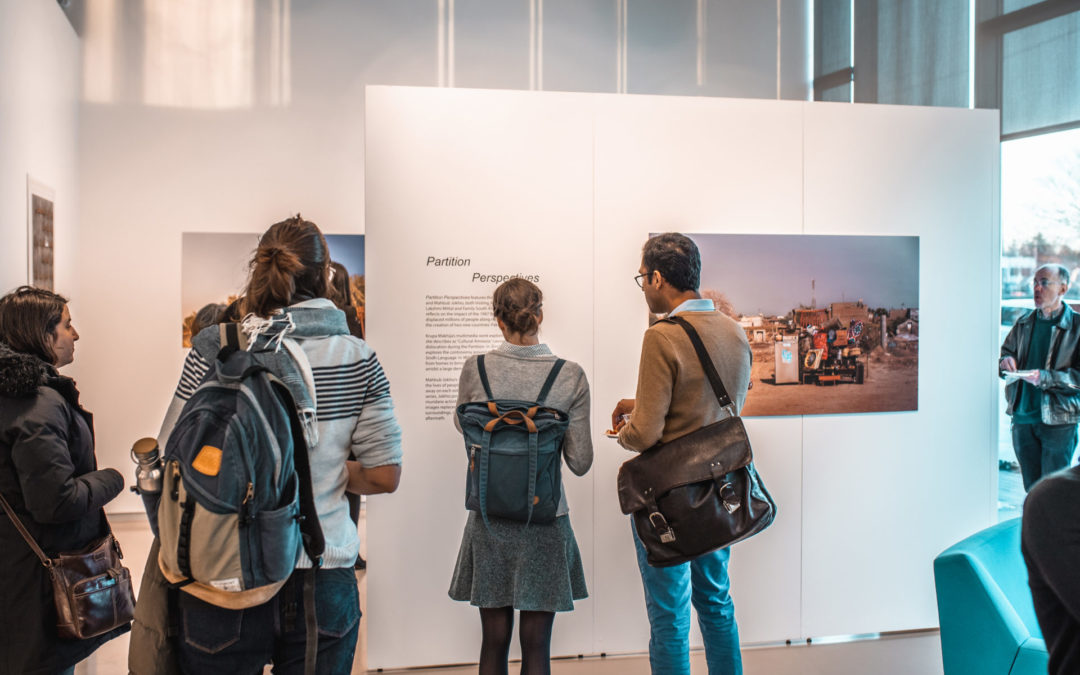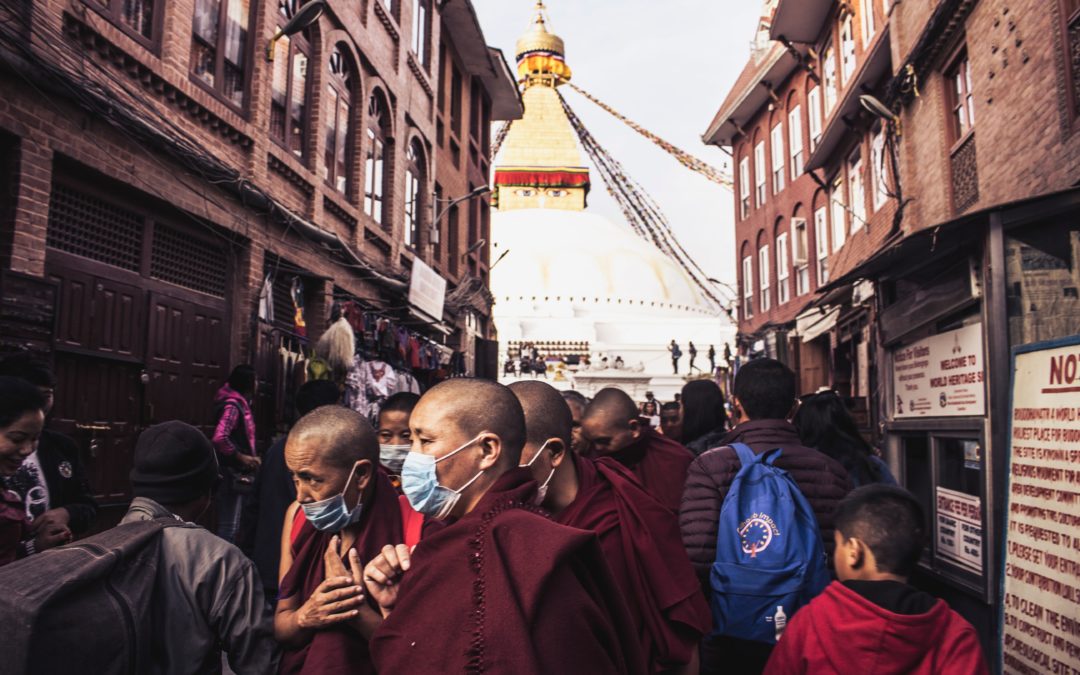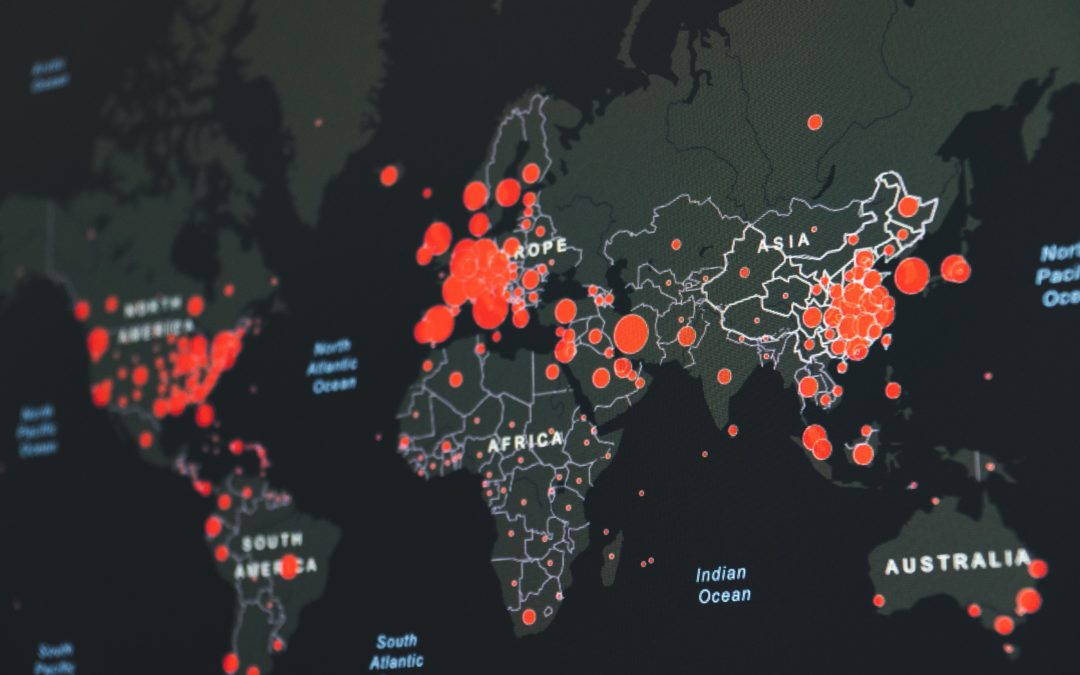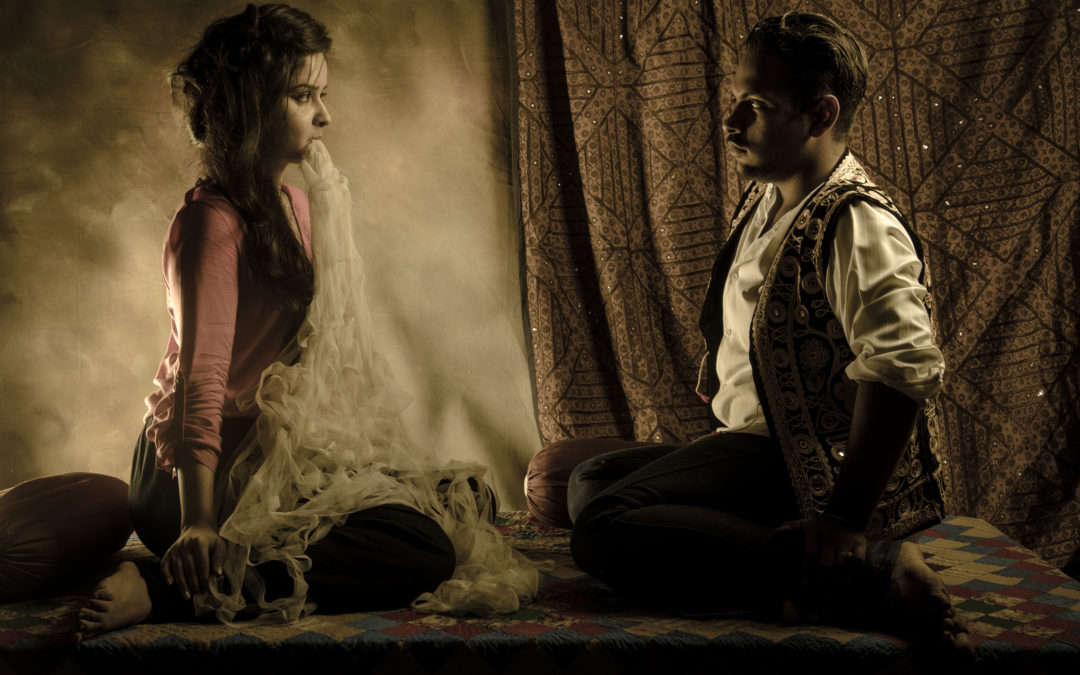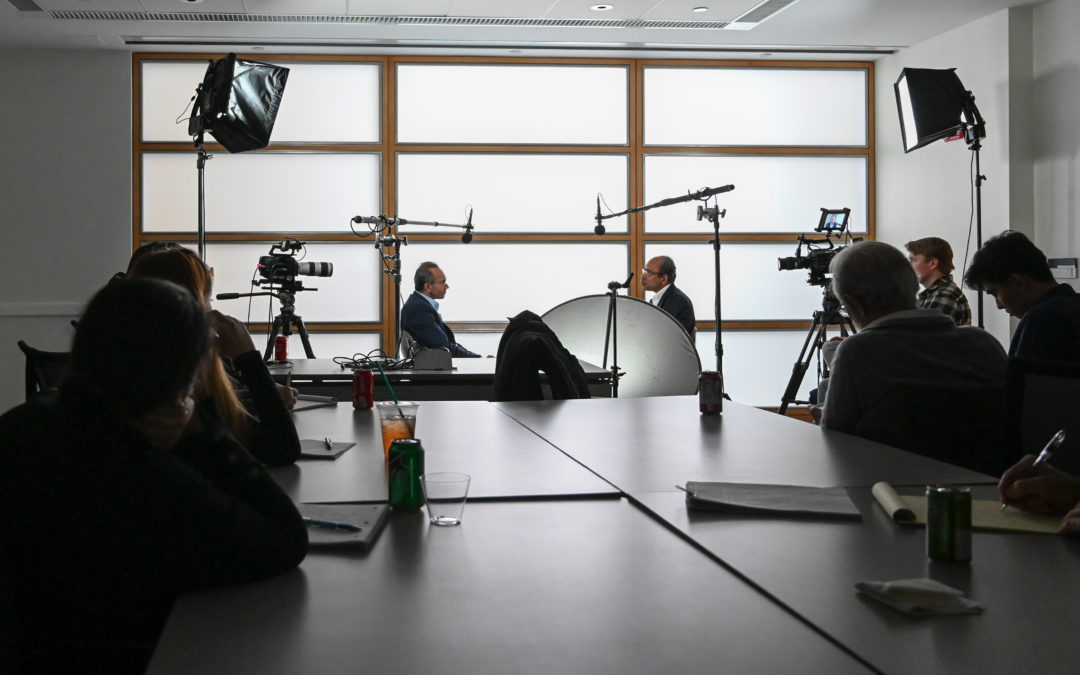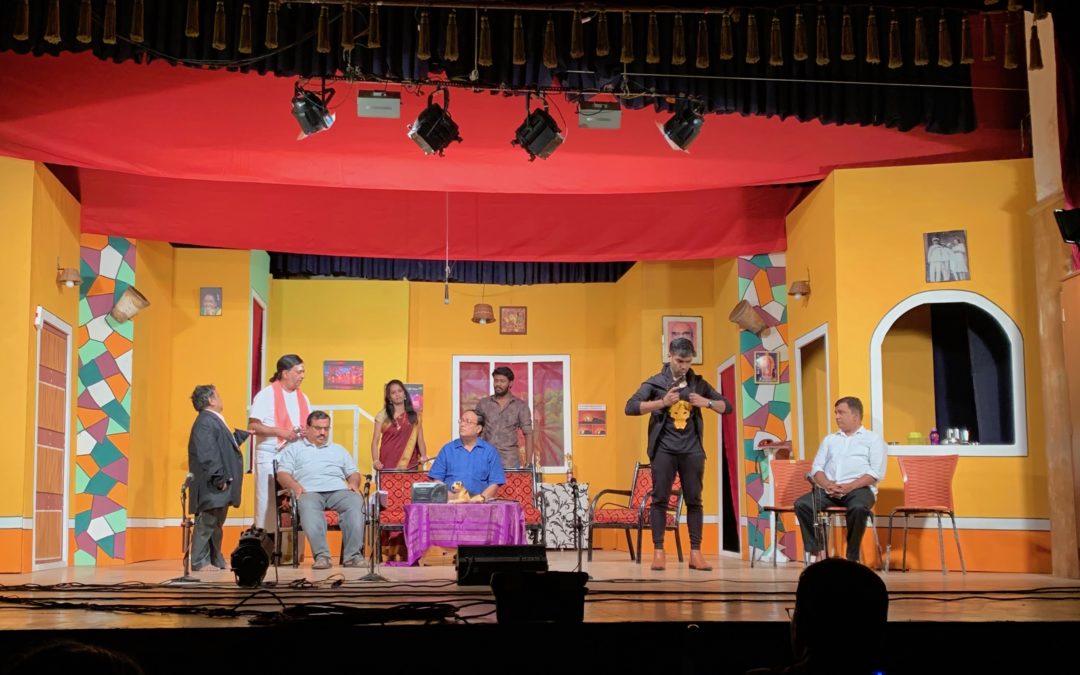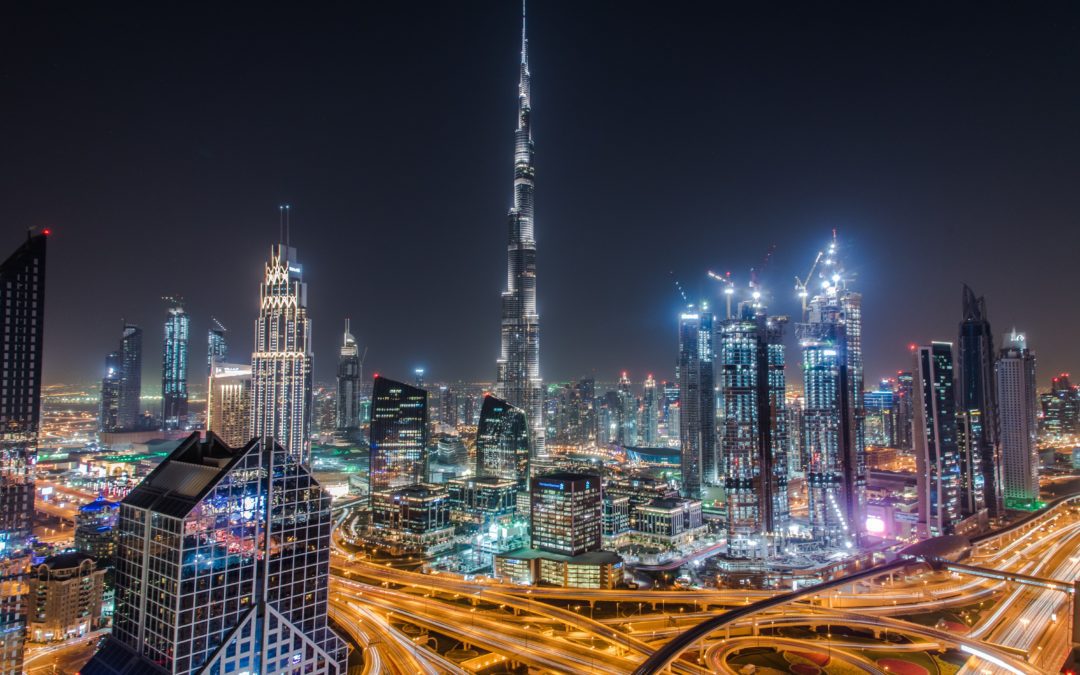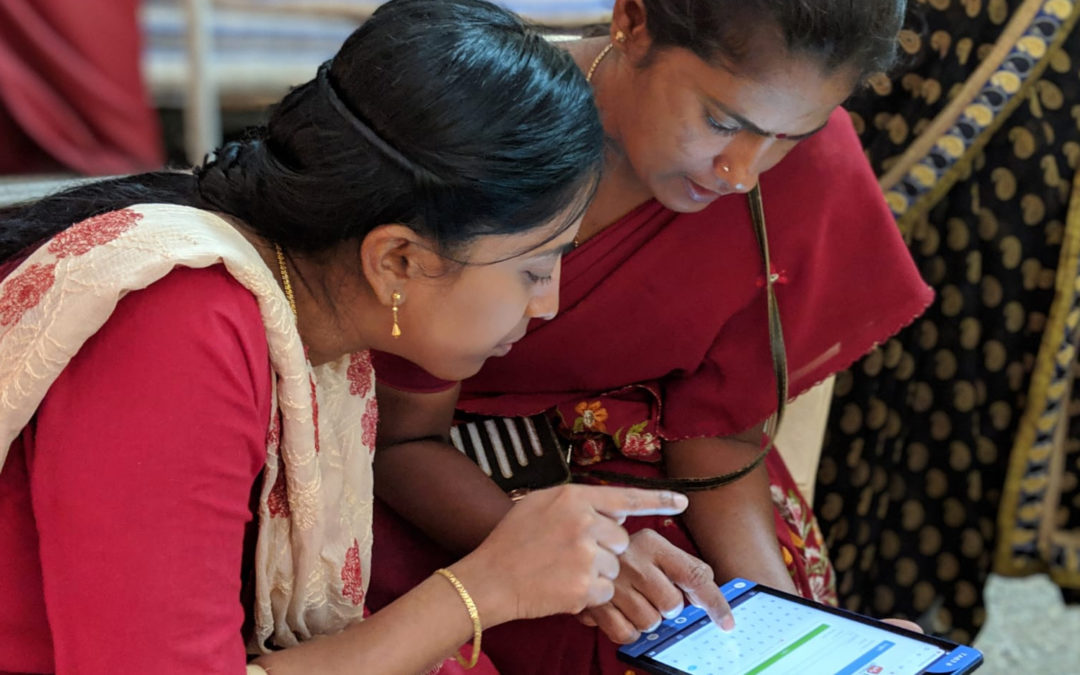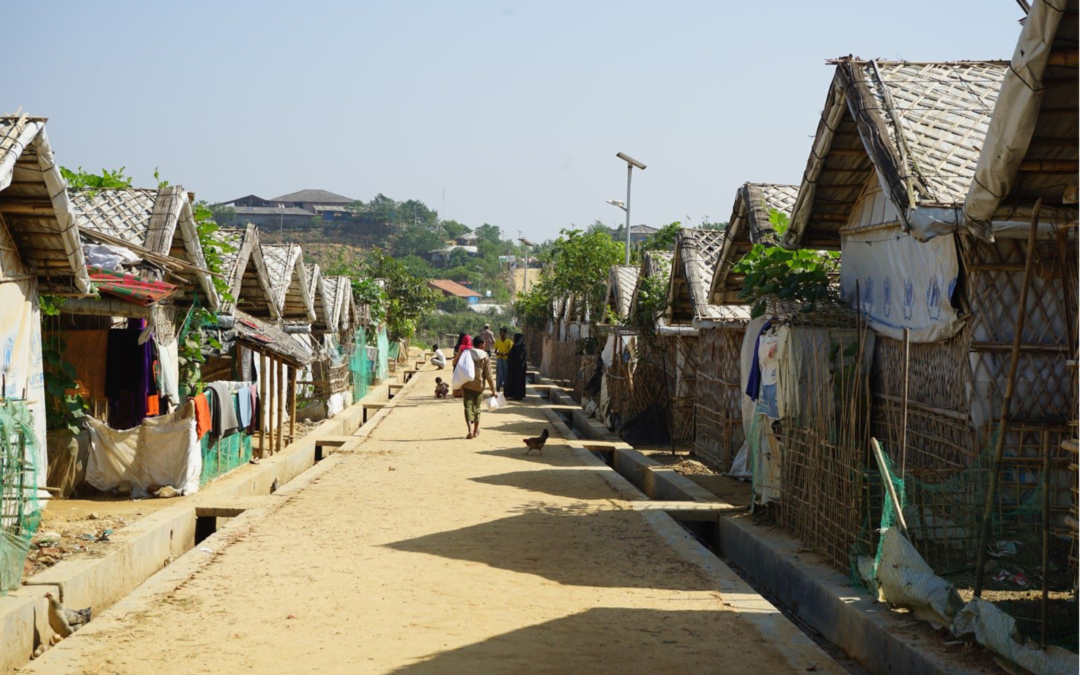Shedding Light on Economic Performance in South Asia

Imtiaz ul Haq is a Financial Sector Consultant at the World Bank and a Research Affiliate at the Mittal Institute, formerly a Fellow at both the Mittal Institute and the Gui2de Initiative at Georgetown University. Previously, he was an Assistant Professor of Economics at the Lahore University of Management Sciences. He holds a Ph.D. in Finance from the University of Manchester. In this article, ul Haq delves into a new, unconventional method to measure economic performance in South Asia.

